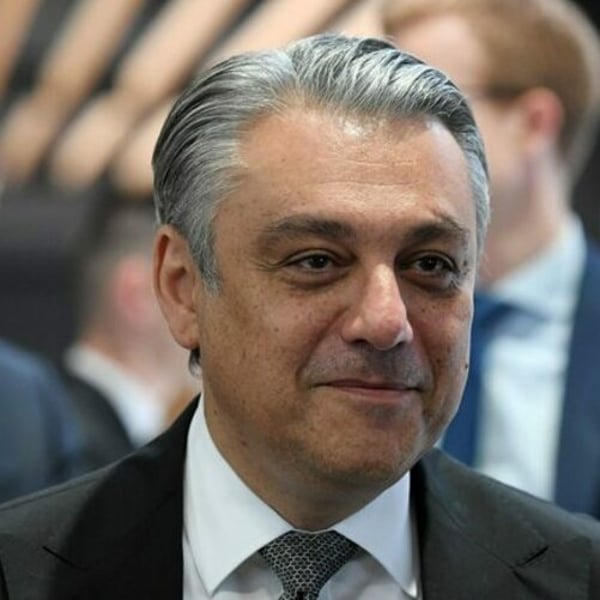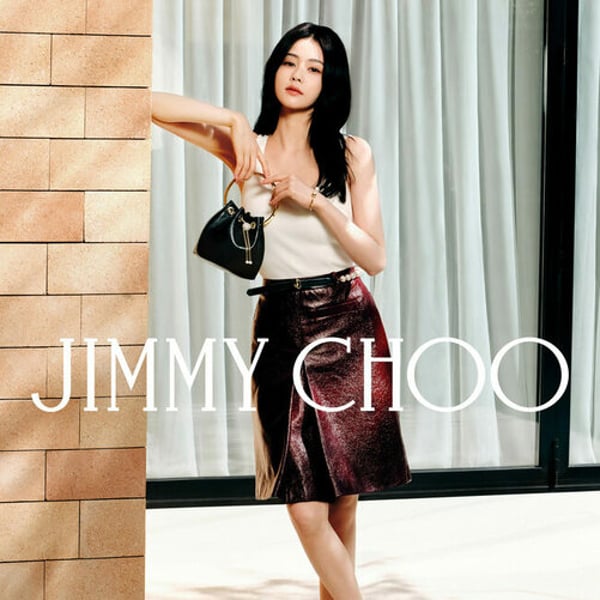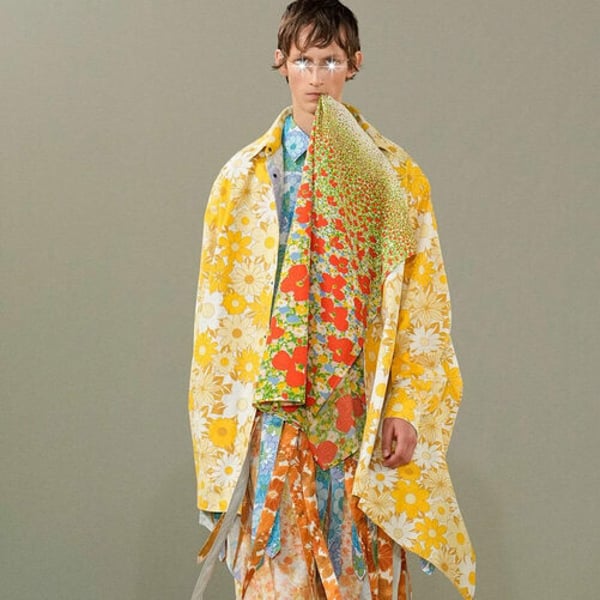By
AFP
Published
September 7, 2025
On Tuesday, Kering’s Annual General Meeting is expected to approve the appointment of Luca de Meo, an Italian from Renault, as chief executive officer, with the mission of turning around the French luxury group, starting with the relaunch of its flagship brand Gucci.

The vote will come as no surprise, since the Pinault family, via its holding company Artémis, owns 42.3% of Kering’s capital and 59.3% of the voting rights.
Current CEO François-Henri Pinault, 63, remains chairman of the group, which in addition to Gucci owns Yves Saint Laurent, Balenciaga, and Bottega Veneta. Shareholders will also be asked to vote on extending the age limit for the chairman from 65 to 80 and for the CEO from 65 to 70.
At the Annual General Meeting, shareholders will also be asked to approve a €20 million “start-up allowance” for Luca de Meo, 58, who has left the helm of Renault, the carmaker he helped turn around.
Luca de Meo, who takes up his post on September 15, will have to do the same at Kering, which in July announced a 46% fall in first-half net profit to 474 million euros, and a 16% plunge in sales to 7.6 billion euros.
He will have to revive the Gucci behemoth, which saw its first-half sales fall by 27% to 1.46 billion euros. Between 2022 and 2024, annual sales of the Italian brand, which accounts for 44% of the group’s sales and just under two-thirds of its operating profitability, plunged from €10.5 billion to €7.65 billion.
Sabato de Sarno, who had taken over as Gucci’s creative director after Alessandro Michele’s departure at the end of 2022, was replaced in March by Demna, who left Balenciaga, another of the group’s brands.
No “savior concept”
In a luxury goods market buffeted by an unfavorable economic climate, Kering’s other brands are also struggling: sales of Yves Saint Laurent fell by 11% in the first half and those of the “other houses”, a section that includes Balenciaga, by 15%. Only Bottega Veneta and Kering Eyewear, the eyewear and beauty division, reported very slight sales increases of 1% and 2% respectively.
The group will also have to reduce its financial debt, which has risen from close to zero in 2021 to 9.5 billion in the first half of 2025.
This is due to the acquisition of the Creed perfume brand (3.5 billion euros) or, in a bid to reduce its dependence on Gucci, the purchase of 30% of Valentino (1.7 billion euros) with an option to buy the remaining 70% from the Qatari investment fund Mayhoola between May 2026 and 2028.
Kering has also acquired real estate in prestigious locations such as Via Monte Napoleone in Milan, which cost 1.3 billion euros.
In early 2025, the group signed an agreement with the investment company Ardian for the sale of 837 million euros worth of real estate assets in Paris. The portfolio of assets, in which Kering will retain a 40% stake, includes the Hôtel de Nocé Place Vendôme and two buildings on Avenue Montaigne.
This strategy is set to continue, notably with the Fifth Avenue building in New York acquired around two years ago, and the boutique on Via Monte Napoleone.
“Reselling real estate (at prices lower than the purchase price) is a bitter but necessary remedy,” explained Bernstein Bank in a note. “We wonder whether it will be possible to agree with Mayhoola to pay more of the balance of the Valentino acquisition with Kering shares, rather than cash,” it adds.
“Do we believe in the savior concept? Absolutely not,” warned HSBC bank analysts in a note, for whom success does not depend on one man: “In luxury, success or failure comes from the team responsible for articulating a coherent vision, not just the person who embodies it.”
This article is an automatic translation.
Click here to read the original article.
Copyright © 2025 AFP. All rights reserved. All information displayed in this section (dispatches, photographs, logos) are protected by intellectual property rights owned by Agence France-Presse. As a consequence you may not copy, reproduce, modify, transmit, publish, display or in any way commercially exploit any of the contents of this section without the prior written consent of Agence France-Presses.



